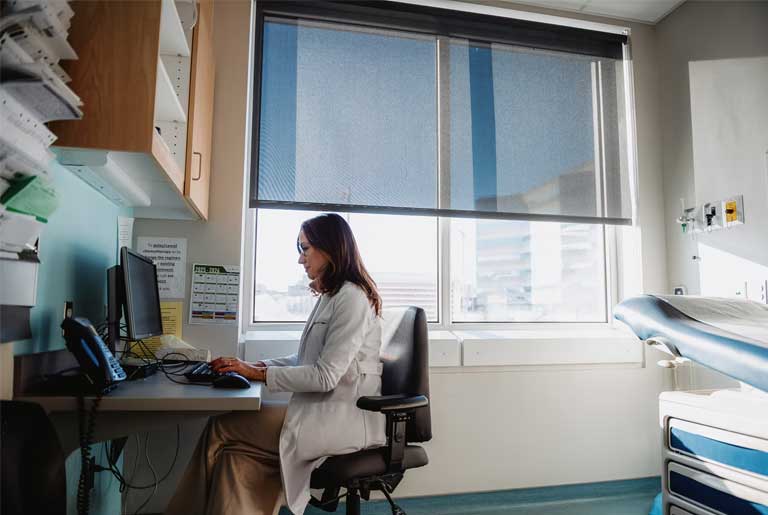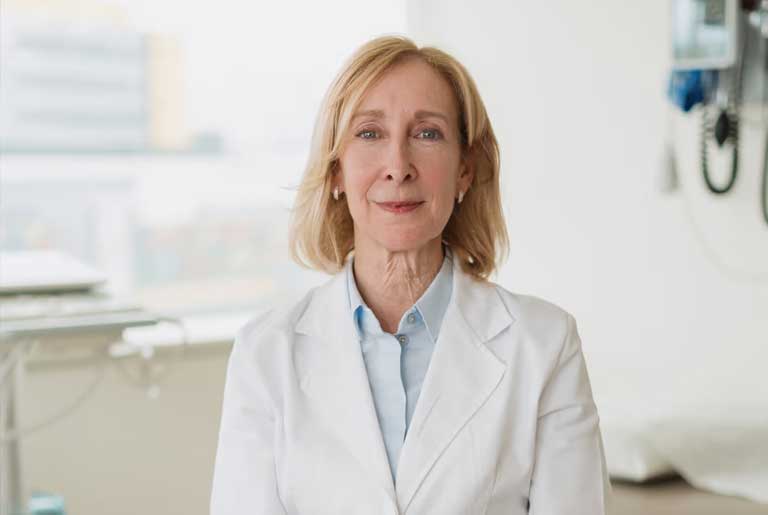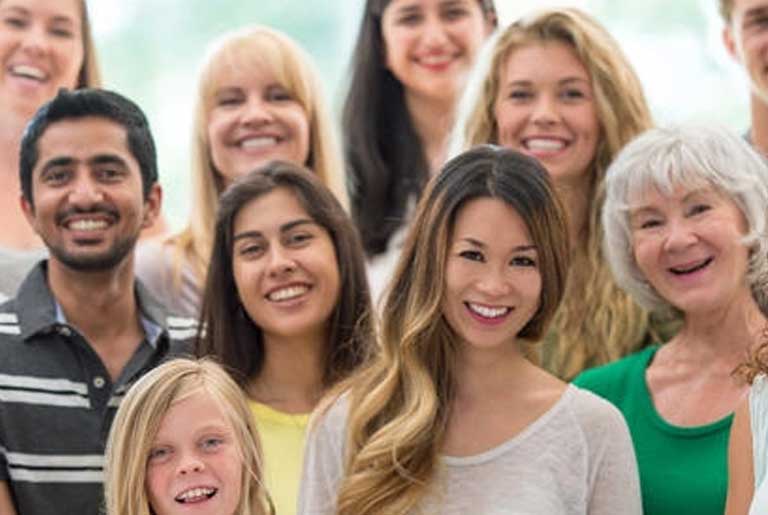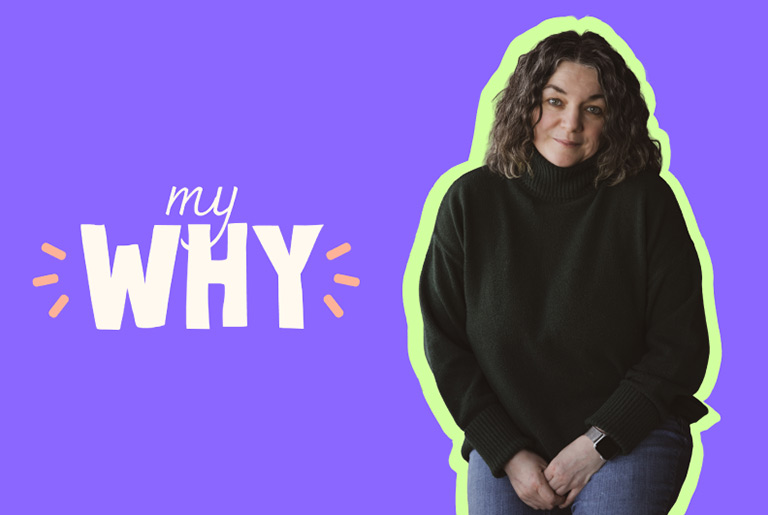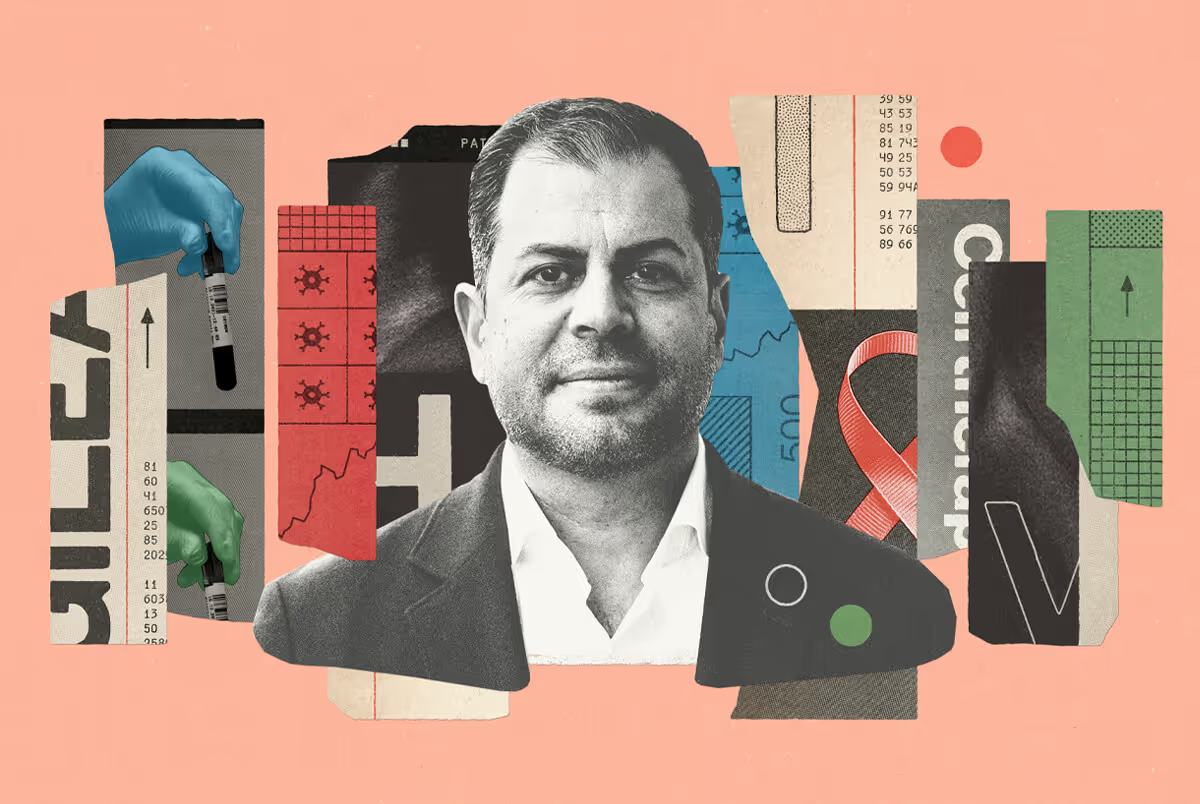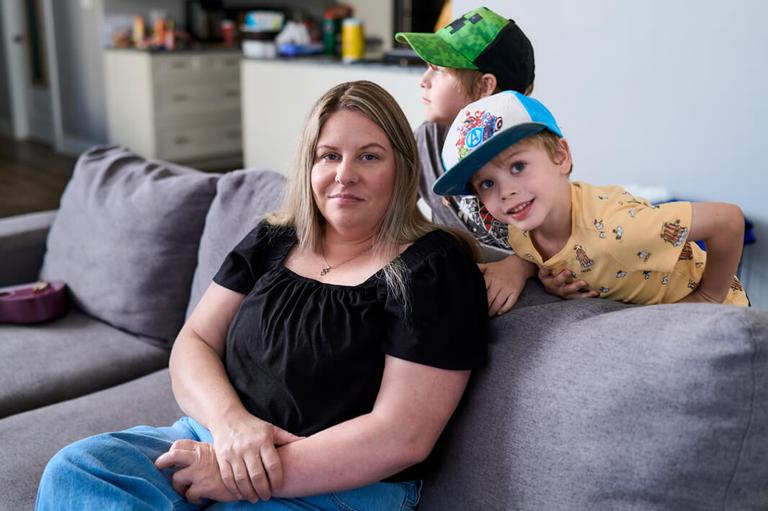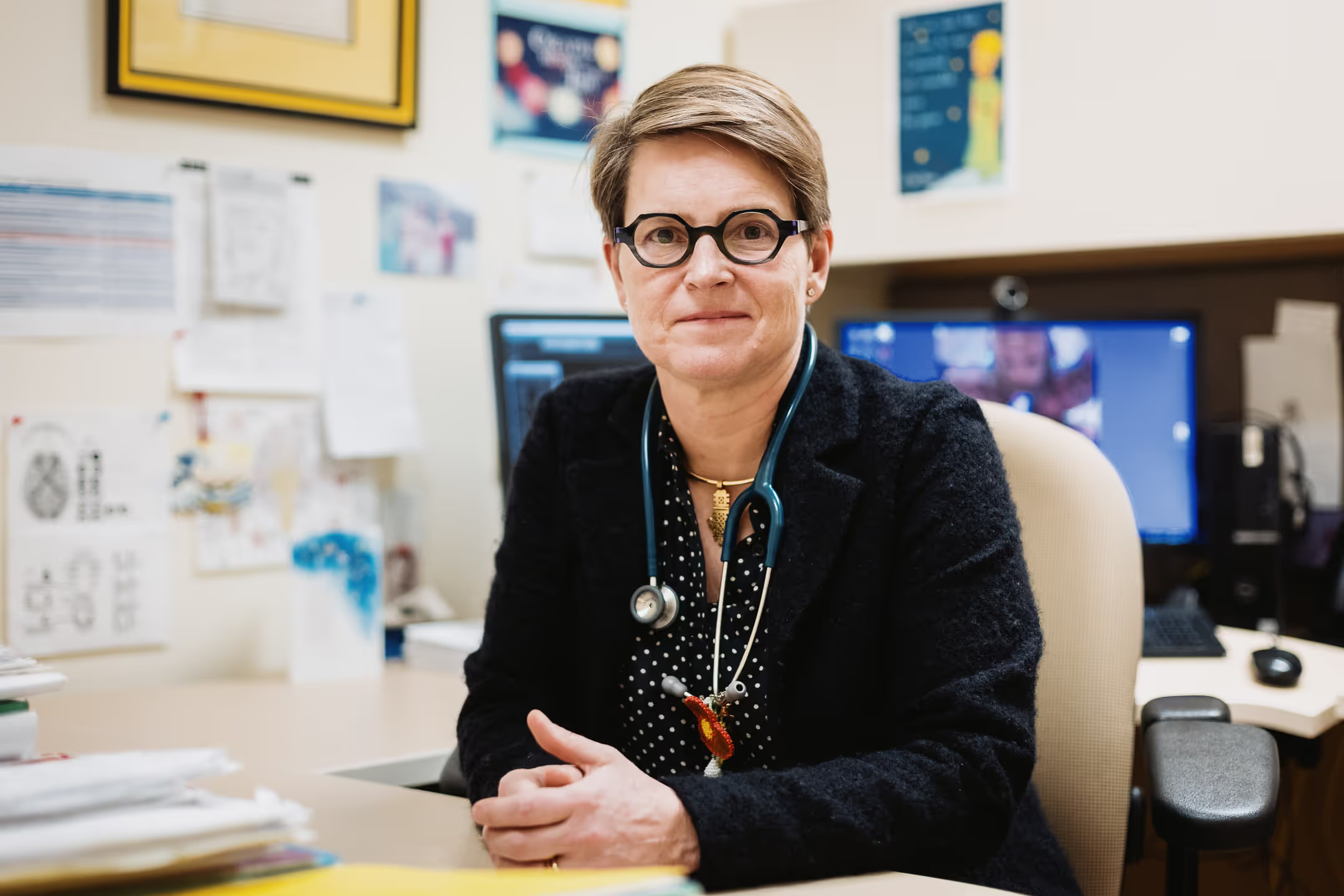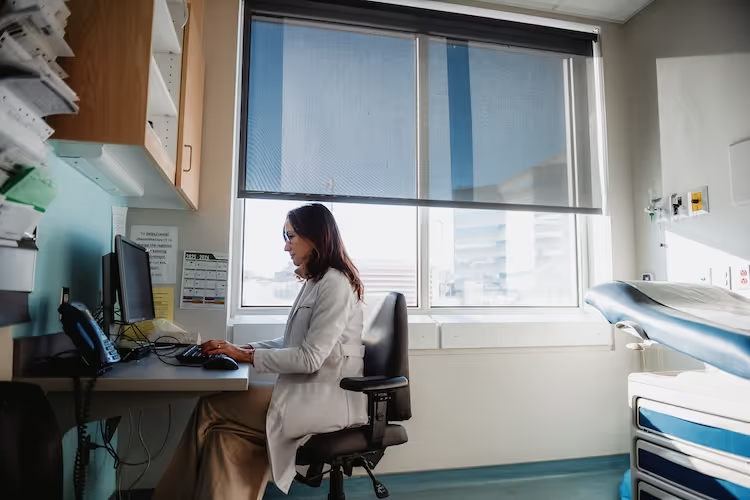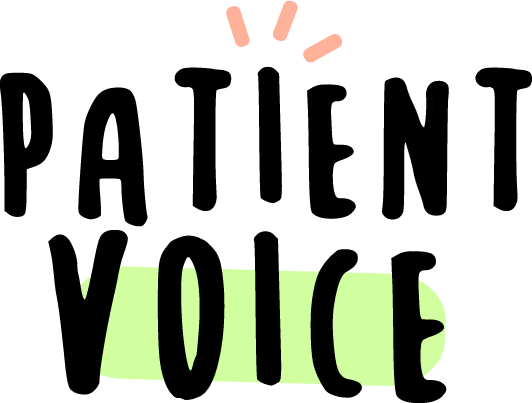“I got my first period the summer before grade six and it was awful. I was weak, nauseous, in pain, and profoundly uncomfortable. And it got worse as time went on. My mom took me to the doctor and I was told, yeah, this is normal. Take ibuprofen, use a heat pad.
Through it all, my mom was a great advocate for me, but the thing is that she’d always had really painful periods as well, and she’d likewise been told it was normal. She’d never heard the word ‘endometriosis.’ And because talking about menstrual pain is so stigmatized, it can be almost impossible to figure out that, no, something more is going on here. There’s also a real intersectionality issue at play. I’m a Black woman and there’s definitely this trope that we’re able to handle pain better, and so our pain gets more easily dismissed.
“I was told, yeah, this is normal. Take ibuprofen, use a heat pad.”
And so I lived with this, undiagnosed, for a very long time. Everything in my life became planned around my periods — vacations, school activities, physiotherapy. I had to leave a friend’s wedding to go to the ER. Looking back, it’s like half of my life was taken away.
Once I got diagnosed and started attending endometriosis support groups, I realized how draining the mental health side of this disease can be. It was through one of these support groups that I met Tami, a fellow educator, and we just hit it off immediately. Together, we decided to create an endometriosis space that was more optimistic and proactive, to exist alongside the support groups that were already out there.
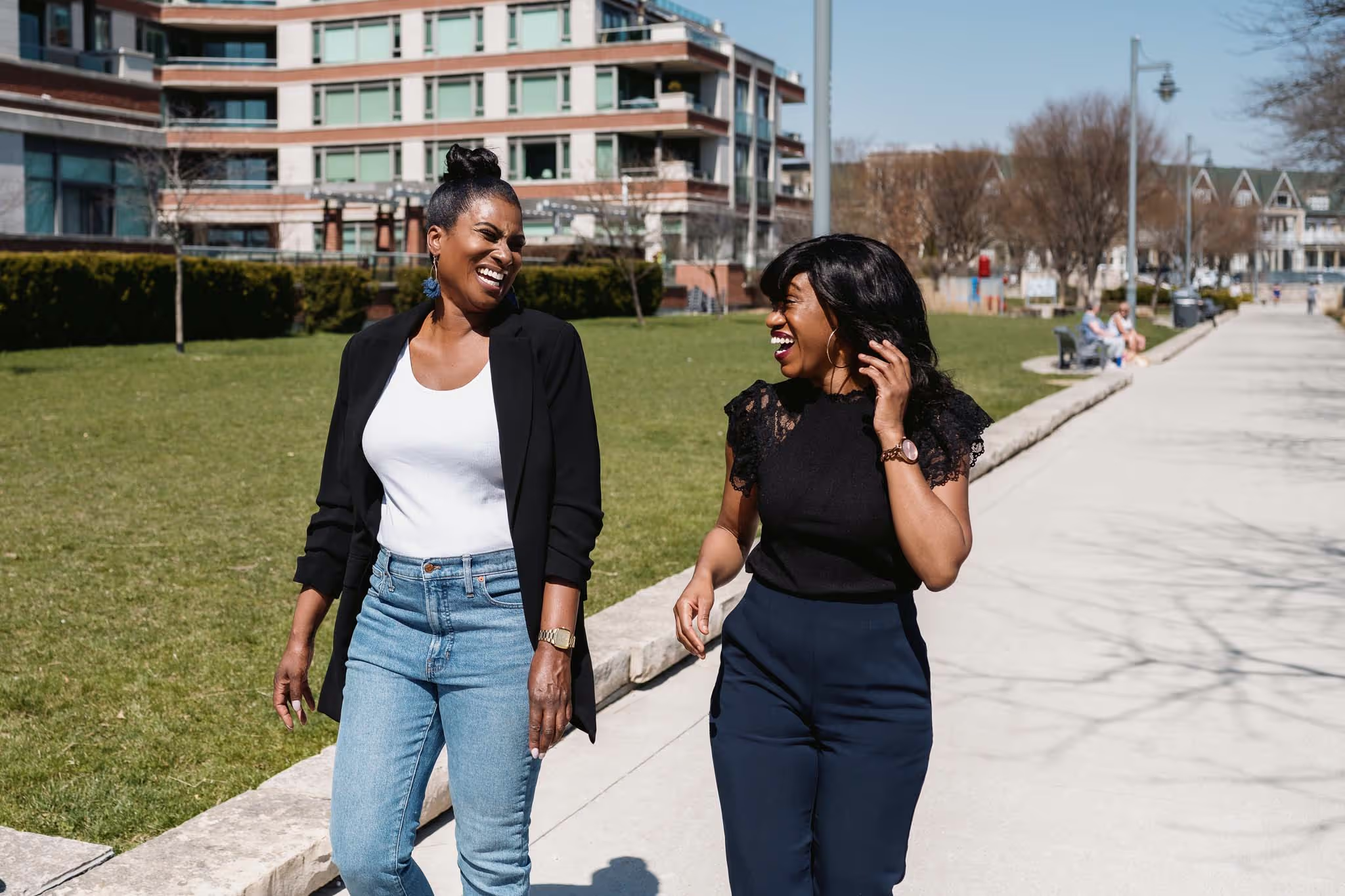
Endometriosis Events started as just a brunch, but the response was so incredible that it quickly ballooned into a community full of events, from film screenings to expert panels to body scrub workshops. We’ve found we can bring positivity and light into the lives of people dealing with difficulty, and we can advocate and educate at the same time. I feel like we’re making a difference, which is so important to me. And I also gain so much from these events personally.
Our next big focus for Endometriosis Events is youth education, because early diagnosis is so important. This will allow patients to be proactive in their care and garner the support they need.”
